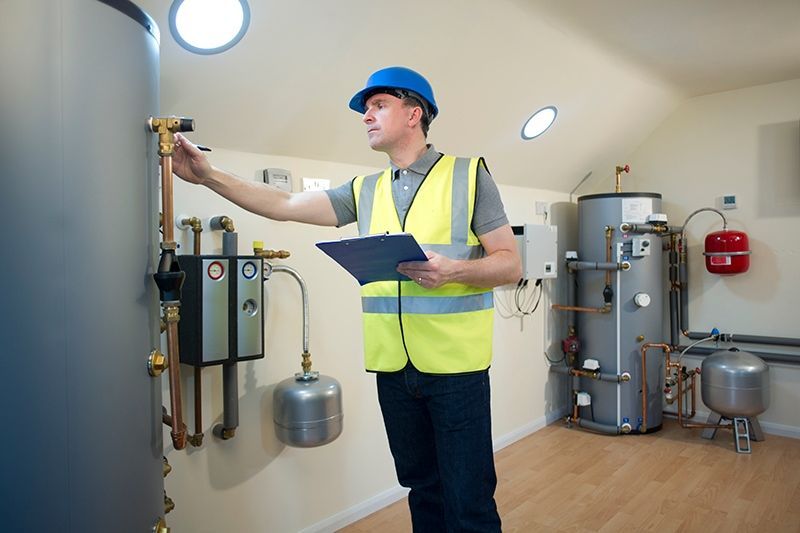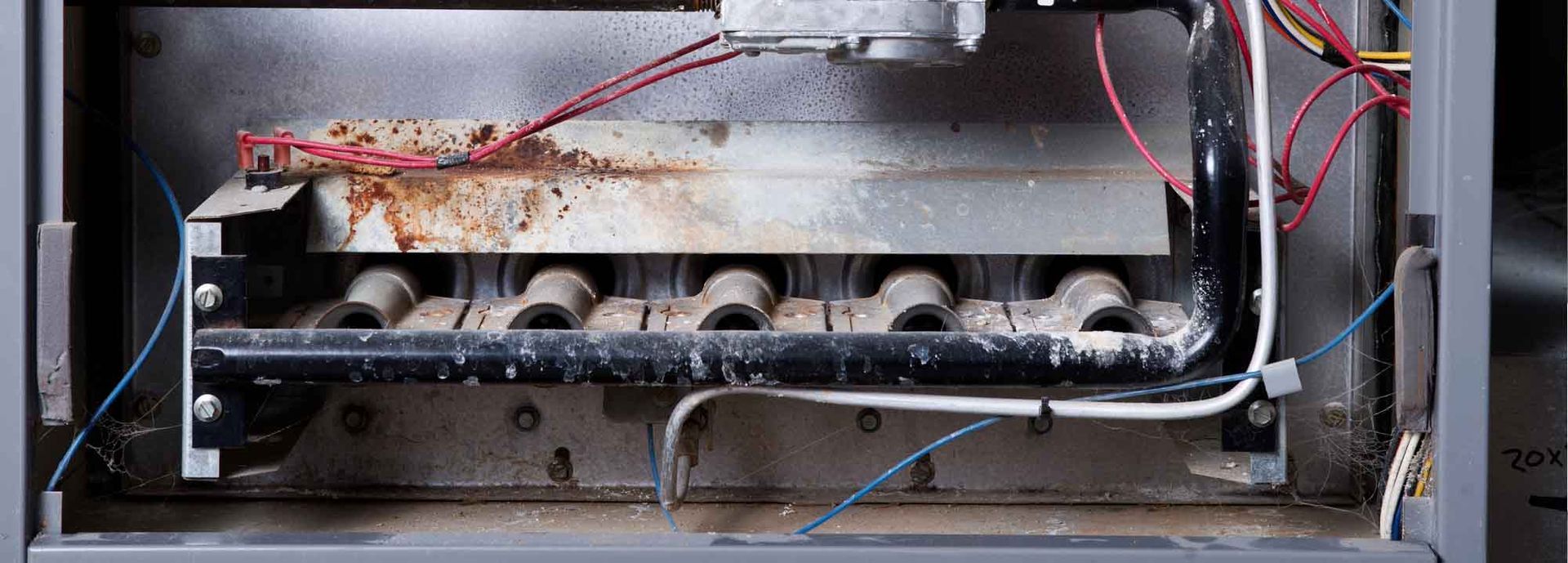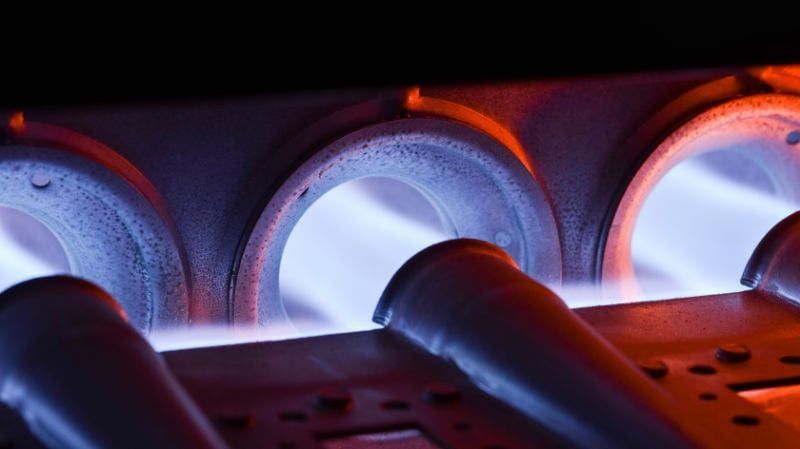Call for Service
843-305-5728
Call 843-305-5728 to schedule service or installation
Blog | Financing | Now Hiring | Call 843-305-5728
Fall HVAC Maintenance
As the saying goes, “Time and tide wait for no one.” Whether you’re prepared or not, the summer months and warmer weather are gone, moving aside for fall and cooler temps. That means here in Conway you need to think about preparing your heating, ventilation, and air conditioning (HVAC) system for fall maintenance.
Maintaining your heating and cooling equipment ensures it’ll run smoothly the way it should when you need it. Investing your time and money in these seasonal HVAC maintenance tasks goes a long way to protect both your South Carolina home and your HVAC investment, including your wallet. Well-running systems are more energy efficient, so they end up costing you less to run all season long.
Fall Maintenance for Your Air Conditioner
Just because you won’t be turning your air conditioner on now doesn’t mean you should forget about it til the spring and summer months. Part of protecting your home and equipment is winterizing your cooling system.
If you’ve already had your air conditioner cleaned and checked by our Coastal Air + Refrigeration professionals before you used it this year, you can simply ask our heating and cooling professional to winterize your unit while he or she is out cleaning and checking your furnace. You can compare the maintenance checklist to what ENERGY STAR® recommends.
Things you can do yourself:
- Clean off the outside unit (condenser) from debris and dirt. If involving water in the process, be sure to switch off the unit’s power or the circuit first.
- Remove any branches, tall grass, or brush within a four-foot proximity to the unit.
- Insulate any exterior-exposed pipes with foam pipe covers, wrapping them with duct tape.
- Cover the unit with a plastic or vinyl cover. Some folks have an air-conditioner-specific cover. If you don’t, you can use a tarp. Be sure to secure the cover, in whatever form, with bungee cords or vinyl rope. Perform this step after your HVAC technician has already done his or her part in the winterization process.
Things to ask your technician to do:
- Clear drain lines and pipes to avoid having standing water in your system all winter.
- Clean the coil from dust and dirt.
- Check the refrigerant charge, belts and pulleys, and ducts.
- Clean and check the entire system if you haven’t had it done yet this year.
Fall Maintenance for Your Heating System
You should schedule your annual maintenance appointment for your heating system before you use it for the season, regardless if you have a furnace , boiler, or heat pump. This appointment shouldn’t be skipped, as keeping your heating system in good order will be sure it’s ready when you need it and keep it functioning properly throughout the season for you.
Things you can do yourself:
- Stock up and change your filters every three months, but if you have allergy issues, monthly is advised.
- Vacuum your vents to keep them clear of dust, avoiding extra filter buildup or decreased indoor air quality (IAQ).
Things to ask your technician to do:
- Clean and check your heating system, including (depending on whether you have a furnace or boiler) all the connections, controls, sensors, drains, ignitor, ducts, pipes, burners, valves, motors, thermostat(s), and smoke/carbon-monoxide detectors, and instruct you on anything you could do between your service visits.
- Calibrate your thermostat to be sure the readings and heating are accurate.
Don’t let an air conditioning or plumbing problem interrupt your day and disrupt your comfort. Contact Coastal Air Plus today for prompt, professional service at 843-305-5728.
Coastal Air Plus is South Carolina’s preferred choice for heating, cooling, and plumbing service, maintenance, and installation.
We've created lasting relationships with home and business owners in the Grand Strand since 1947.
SC Mechanical Contractor #M111694
Residential Services
Heating, Cooling, Plumbing Specials
Air Conditioning Special
Plumbing Special
Special Financing Offer
Coastal Air Plus – Myrtle Beach
843-305-5728
156 Rock Moss Road
Myrtle Beach, SC 29588
Coastal Air Plus – Charleston
843-305-5728
1777 Harmon Street
Charleston, SC 29405
Coastal Air Plus – Conway
843-305-5728
2159 SC-544, Unit C
Conway, SC 29526
Coastal Air Plus | Privacy | Accessibility | Site Map







